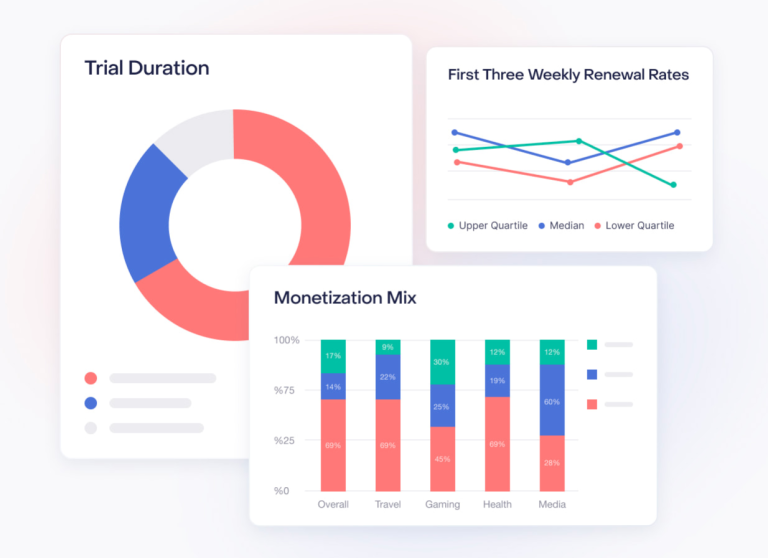
Google has long been the dominant search engine for millions of users, yet an increasing number of people are noticing a gradual decline in the quality of search results. Journalists, SEO specialists, and everyday users alike complain that search is becoming less useful, with Google frequently prioritizing its own services and paid advertisements over objective information.
According to a study by WalletHub, only 36% of search queries in the U.S. direct users to websites that are neither owned by Google nor paying for advertising. Moreover, 66% of respondents believe there is an excessive amount of ads on search results pages, while 35% report that search relevance has deteriorated. In the financial sector, Google consistently favors links to major brands, even when their information is inferior to that of smaller but more reputable sources.
The issue extends beyond advertising. Users have noted that outdated Reddit discussions dominate search results, a consequence of Google’s partnership with the platform, which grants it access to Reddit’s content. As a result, old and irrelevant topics frequently appear at the top of search rankings. A survey revealed that 55% of users believe Google gives Reddit undue prominence.
Furthermore, documents from the U.S. antitrust lawsuit against Google reveal that the company deliberately degraded search quality to boost advertising revenue. In 2020, Google appointed its head of advertising to lead the search division, marking a shift in priorities—from user experience to ad revenue growth. Since then, Alphabet, Google’s parent company, has increased its market valuation by 160%, whereas the S&P 500 has risen by only 100% in the same period.
WalletHub argues that Google is intentionally making it more difficult to find high-quality information, forcing users to conduct multiple searches and view more ads. The organization encourages people to explore alternative search engines such as DuckDuckGo, Bing, Kagi, and Brave.
The decline in search quality is evident in numerous examples. In financial queries, Google prioritizes the most prominent brands over superior products. For instance, Mastercard ranks first for “best credit cards for poor credit history”, despite its page lacking independent comparisons.
A similar trend is observed in banking recommendations, where studies suggest that irrelevant search results can cost users an average of $202, with some cases leading to financial losses of up to $1,347.
Despite mounting criticism, Google has shown no signs of altering its strategy. In the absence of strong competitors, the company continues to prioritize its own interests at the expense of search quality, making the need for alternative search tools more pressing than ever.


